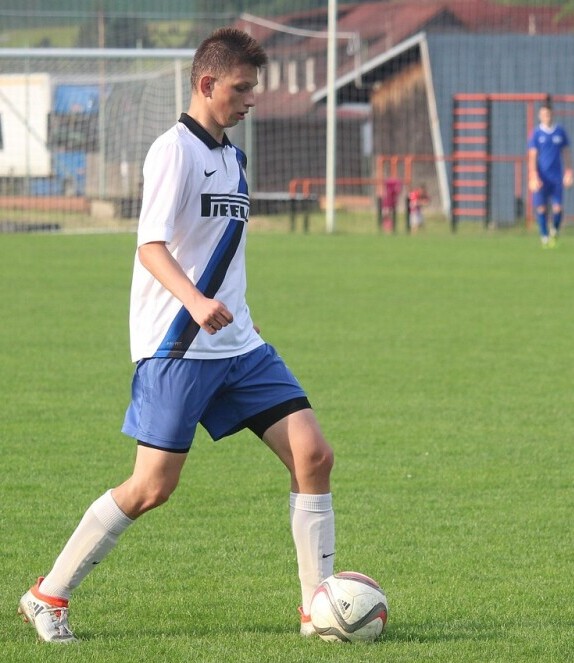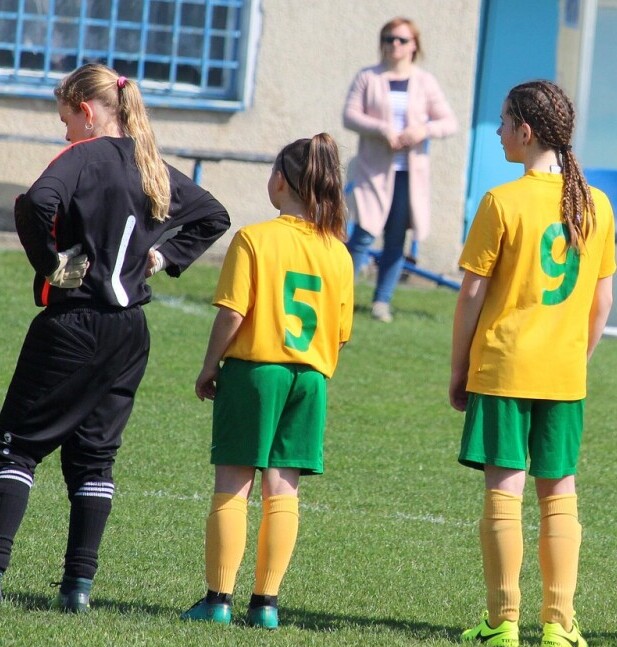
Soccer coaches are more than just strategists for the field; they’re mentors who help shape the future of young athletes. Early exposure to structured coaching can set the trajectory for a child’s sports career, setting them up with not just skills but also important life lessons.
A good coach doesn’t just teach how to dribble or pass. They’re building confidence, resilience, and communication skills by fostering a supportive environment. It’s incredible how a bit of praise can motivate a kid to sprint faster or try harder. Plus, the thrill of mastering a new move under a coach’s guidance — it’s unbeatable!
Coaches play a crucial role in igniting a lifelong passion for the game. Their enthusiasm can be contagious, showing kids that soccer is much more than winning. It’s about the camaraderie of teamwork, the excitement of improving, and the joy of playing.
Teaching life skills through sport is one of a coach’s greatest contributions. While working on scoring goals, coaches are also imparting lessons in discipline, leadership, and teamwork. These elements transcend the pitch, helping kids grow into well-rounded individuals.
10 Best Advice for Soccer Coaches Training the Next Generation of Athletes
- Prioritize Fundamental Skills
Focus on developing strong technical abilities such as passing, dribbling, shooting, and ball control. A solid foundation ensures players can adapt to different playing styles as they progress. - Encourage Game Intelligence
Teach players to read the game, make quick decisions, and anticipate movements. Understanding positioning, tactics, and teamwork is just as important as physical ability. - Promote Physical Fitness and Conditioning
Young athletes need endurance, speed, and agility. Incorporate drills that improve stamina, flexibility, and strength while making them enjoyable. - Build a Positive and Motivating Environment
Foster a culture of encouragement and respect. Confidence-building and constructive feedback help players develop a strong mental approach to the game. - Instill Discipline and Work Ethic
Set clear expectations for training, effort, and teamwork. Teaching discipline early helps players develop habits that benefit them both on and off the field. - Use Small-Sided Games for Development
Small-sided games (e.g., 3v3 or 5v5) allow more touches on the ball, increased decision-making opportunities, and better player engagement compared to full 11v11 matches at a young age. - Adapt Coaching to Individual Needs
Every player develops at their own pace. Identify strengths and weaknesses and tailor training to help each athlete improve their skills and confidence. - Teach the Importance of Teamwork and Communication
Soccer is a team sport, and success depends on effective communication and collaboration. Encourage players to talk, support each other, and play selflessly. - Lead by Example
Demonstrate professionalism, passion, and dedication. Young athletes look up to their coaches, so maintaining a positive attitude and commitment to the game is crucial. - Make Training Fun and Engaging
A love for the game keeps players motivated. Use varied drills, challenges, and friendly competitions to maintain enthusiasm and enjoyment during training
In essence, the influence of a coach extends far beyond athletic performance, impacting personal development and emotional growth. It’s about creating an environment where young athletes can thrive and learn about perseverance, respect, and sportsmanship.
Modern Training Techniques for Young Soccer Enthusiasts

Training young soccer players today isn’t what it used to be – and that’s a good thing. The latest coaching methods combining technology and traditional tactics are more effective than ever. Coaches now use detailed player analytics to pinpoint strengths and weaknesses, allowing personalized training programs that cater to each budding soccer star.
Soccer technology is a game-changer out there on the field, literally. We’re talking GPS trackers, smart balls, and apps that break down a player’s every move. By embracing these tools, coaches can track progress like never before. Seeing stats on speed, distance, and ball control helps tailor sessions to maximize potential.
Of course, it’s not all about newfangled gadgets. Balancing these with the tried-and-tested basics is important. For coaches, it’s about maintaining the fundamentals while integrating new techniques to keep things fresh and exciting for the young ones.
Individualized attention is essential, too. Not every kid kicks the ball the same way, so why should they all be trained the same way? Recognizing different learning styles and abilities and modifying guidance ensures each player doesn’t just improve but enjoys the journey. After all, if a training plan feels made for you, it’s way more satisfying.
While modern techniques are all exciting, coaches need to remember the heart of coaching remains the connection with their players. It’s about nurturing and guiding them, providing feedback, and being the supportive force that pushes them to grow.
Fostering an Inclusive and Supportive Team Environment

Creating a welcoming atmosphere on and off the field is crucial for young soccer players. Coaches have the responsibility to nurture inclusivity and ensure every player, regardless of their background or skill level, feels valued and part of the team.
Positive reinforcement goes a long way in this setup. It’s not about sugar-coating but rather focusing on potential and growth. Encouraging players when they show improvement or try something new boosts their morale and hunger to do even better.
Parents and guardians are also key to building this encouraging environment. By involving them, coaches can create a support system that extends beyond the field. Regular updates, open communication, and even organizing family soccer events can strengthen this bond and make the soccer experience richer for the kids.
Addressing team dynamics is another layer of a coach’s duties. It’s about understanding each player’s unique traits and creating harmony. Coaches act as mediators, teaching players to handle conflicts respectfully and embracing the diversity each teammate brings.
Empathy and trust are fundamental to fostering connection. When players know their coach has their back, they’re more likely to feel secure and open up, not just as athletes but as individuals. This builds a culture of respect and understanding, ultimately benefiting both the team and each player’s growth.
The Future of Soccer Coaching: Opportunities and Challenges

Soccer coaching is facing some exciting changes as the digital age unfolds. The role of coaches is evolving beyond just on-field tactics, diving into data analytics and virtual training platforms. Harnessing this technology means coaches can offer players personalized insights that were unimaginable before.
But with great opportunities come some real challenges. A pressing issue is managing young athletes’ schedules and ensuring they don’t get overcommitted. Early specialization can sometimes lead to burnout, so it’s crucial for coaches to balance skill development with enjoyment and rest.
On the brighter side, the growth of soccer globally offers incredible career pathways for those passionate about coaching. From grassroots initiatives to professional leagues, there are opportunities to make a meaningful impact on the sport’s development.
Finally, I’d like to highlight some success stories of coaches who are doing fantastic work worldwide. These trailblazers are not only optimizing performance but also creating enriching environments that develop young athletes into exceptional individuals both on and off the field. By sharing these stories, coaches around the globe can find inspiration and learn new approaches to their craft.
